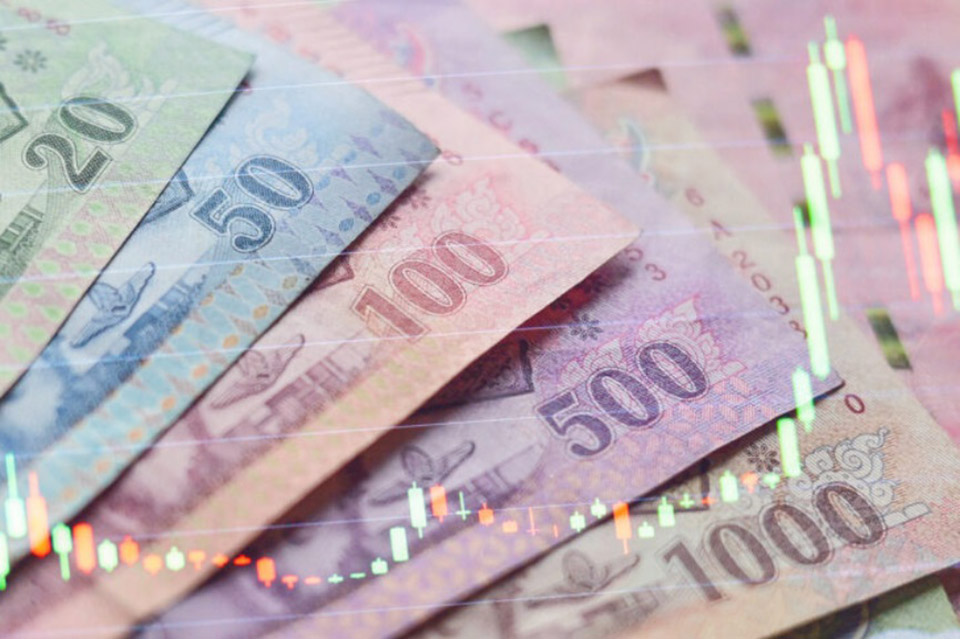
BANGKOK, Thailand – Recent discussions have highlighted the rising concern over the closure of factories in Thailand. One major cause being pointed out is the continued appreciation of the Thai baht, which has made Thai products significantly more expensive than those from competing nations.
The Bank of Thailand’s approach, which ties the baht to the U.S. dollar and its performance against the Dollar Index, has been called into question. The Dollar Index measures the value of the dollar against a basket of six currencies from major economies, including the Eurozone, the UK, Sweden, Canada, Japan, and Switzerland. While this strategy may seem logical in some contexts, critics argue that it puts Thailand at a disadvantage against its direct competitors, who are not included in the Dollar Index.
The Currency Disadvantage in Key Export Industries
Thailand’s major export competitors include:
Agriculture: China, India, Vietnam, and Cambodia.
Heavy Industry (Steel): India, China, South Korea, and Taiwan.
Plastics Industry: China, India, Singapore, Taiwan, and South Korea.
Cement and Clinker: China, Vietnam, and Indonesia.
Automobiles, Batteries, Machinery: China, Taiwan, South Korea, Vietnam, Singapore, and Indonesia.
The Bank of Thailand has strengthened the baht by around 10% compared to the U.S. dollar since last year, while competitors such as China, Vietnam, and Taiwan have devalued their currencies by roughly 10% relative to the dollar. This results in a 20% cost disadvantage for Thai exporters, making it extremely difficult for Thai products to compete globally.
The Impact on Factories and SMEs
As a result of this cost disparity, many large and small factories in Thailand have shut down. SMEs have already been severely impacted, and agricultural products have suffered from declining prices. The closure of major industries, including automotive and steel factories, has already started, and there is concern that this trend will spread to other key sectors.
Call for a Weaker Baht to Compete
In light of the situation, experts argue that the Bank of Thailand must re-evaluate its currency strategy. They suggest adjusting the exchange rate to at least 37 baht per U.S. dollar, which would still leave a 10% handicap compared to competitors. Ideally, the baht should be devalued to align fully with key competitors, reducing the cost gap by 20%.
On September 27, the baht closed at 32.39 against the dollar, strengthening slightly from the previous day’s close of 32.56 baht per dollar. The currency initially weakened in the morning but reversed course in the afternoon, following the appreciation of the yen after Shigeru Ishiba, a former defense minister, won Japan’s Liberal Democratic Party leadership election.








